Diversify Your Summer Reading List with These Diasporic Authors
The world is seeing more colours than before, and a critical consciousness of representation is non-negotiable. Many children grew up reading about great inventions by great men, but the culturally rich world around us is more than that. Literature that chronicles contributions from people of color is available but not easily accessible. Where to begin? Where can you find Canadian literature that has its roots in diversity that the Canadian dream inspires and represents?
We’ve compiled a list of books written by authors of ethic origins that are a part of the Canadian discourse and have written about stories that the diaspora represents. These books are the starting guide to diversifying your reading list.
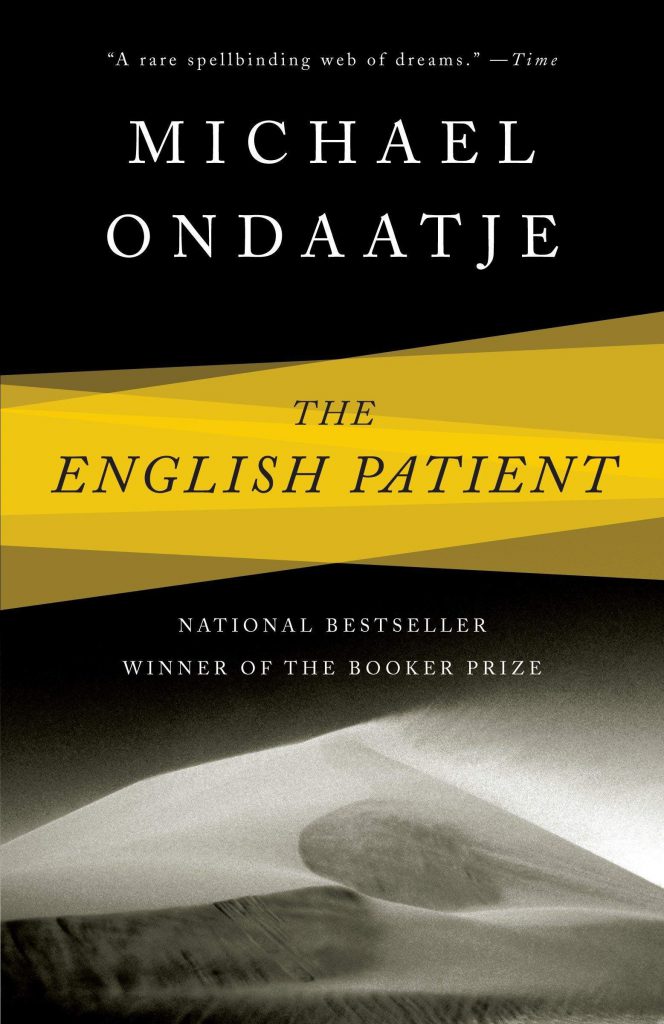
Michael Ondaatje
Starting with a classic, The English Patient (1992) is perhaps Ondaatje’s most famous work. The novel earned him a Booker Prize and was adapted into a film of the same name that earned nine academy awards. The book follows four main characters, a burned man nearly unrecognizable (the titular character), his Canadian army nurse, a Sikh army sapper and a thief. The story explores the patient’s actions prior to his injuries that lead to revelations that have emotional impact on supporting characters.
Ondaateje was born in Sri Lanka to Dutch and Sinhalese parents, and later moved to England to join his mother’s family and finally to Canada in 1962. He is a University of Toronto alumni and currently lives in Toronto.
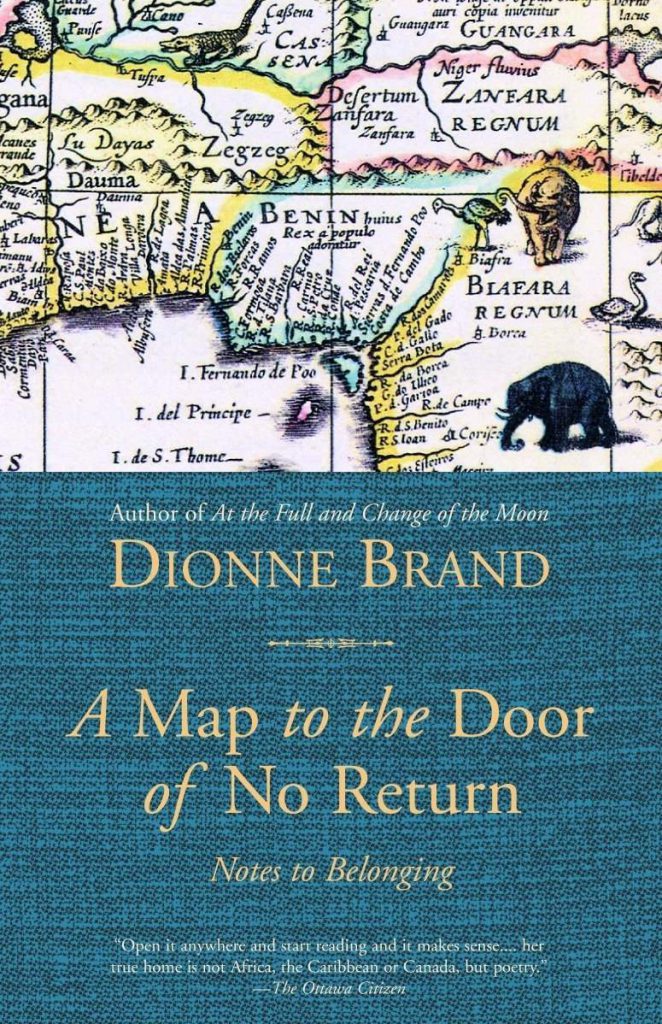
Dionne Brand
Dionne Brand lends an important voice reflective and representative of the black queer identity in North America. In her book, A Map to A Door of No Return, Brand explores intergenerational trauma. She uses a variety of storytelling elements, and through an autobiographical lens explores her own experiences by a concept she calls the Door of No Return. She explores a space where the history of black people is lost, reflecting specially on the Altantic slave trade in which slaves from Africa were transported to the North American continent. Brand defines the Door of No Return as “that place where our ancestors departed one world for another; the Old World for the New.”
Brand was born in Guayaguayare, Trinidad and Tobago. She graduated from Naparima Girls’ High School in San Fernando, Trinidad, in 1970, and emigrated to Canada. She attended the University of Toronto in 1975 and later the Ontario Institute for Studies in Education (OISE) in 1989.Brand currently resides in Toronto.She identifies openly as a lesbian.
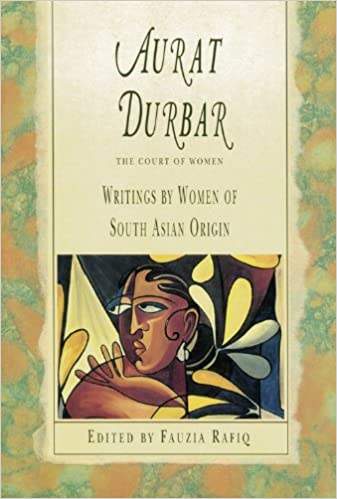
Fauzia Rafique
Fauzia Zohra Rafique is a South Asian Canadian poetess and author that has published writings both in English and Punjabi throughout Canada, Pakistan and the internet.
She published Aurat Darbar: Writings of Women of South Asian Origin with Sumach Press, Toronto in 1995. Aurat Durban, urdu for ‘the court of women’, is an anthology series that chronicles contributions in prose and poetry by thirty-one authors. These writers – now living in Canada, the United States, India, Pakistan and Sri Lanka – chronicles racism, sexuality, immigration and the diaspora experience.
Rafique also worked as a screenwriter for Pakistan Television. She adapted the Fyodor Dostoevsky novel titled ‘Poor Folk’ (1846) in Punjabi as ‘Apay Ranjha Hoi’ (14 Episodes, 55 minutes each, PTV Lahore 1976), and Altaf Fatima’s Urdu novel ‘Dastak Na Do’ (13 Episodes, 25 minutes each, PTV Lahore, 1975). She also wrote an original play on the profile of a Rag Picker (55 minutes, PTV Quetta, 1985). Rafique is based in Vancouver.
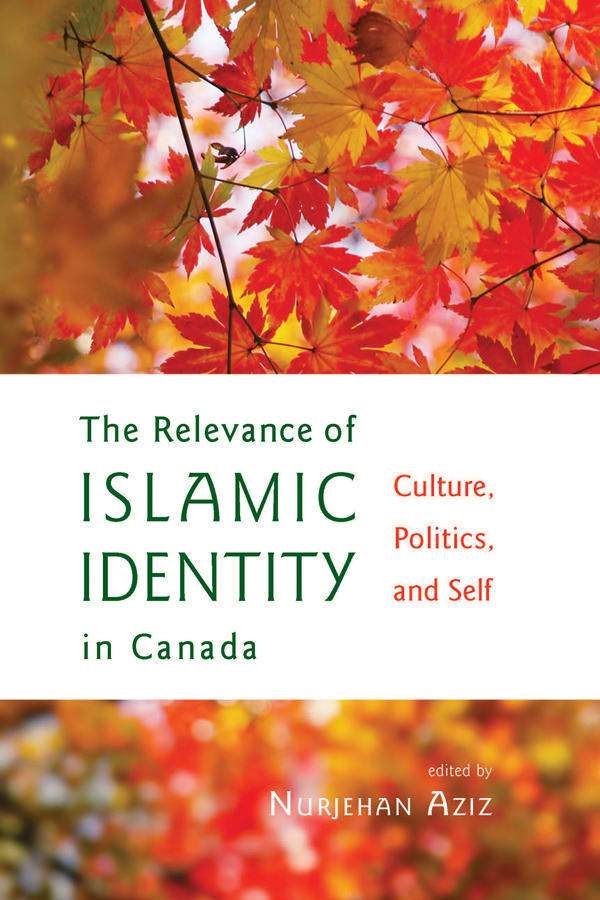
Nurjehan Aziz
Nurjehan Aziz is the editor of Her Mother’s Ashes: Stories by South Asian Women in Canada and the United States, and more recently The Relevance of Islamic Identity in Canada. She is the publisher at Mawenzi House.
Confluences 1: Essays on the New Canadian Literature consists of essays by academics and literary critics that examine exciting and new writing to have emerged in Canada in the past four decades. They examine the contributions to Canadian literature after the postcolonial wave of immigration in the 1960s and 70s. They bring together an array of reflections and raises concerns that delve into the aesthetics of postmodernism and
reconstruct what European colonialism means in modern day literature. They tell the history of racism overlooked by the establishment, the acceptance of exile and the uncovering of identities. All are combined in this body of work that has redefined the idea of Canadian Literature, prompting the nation to look at itself anew.
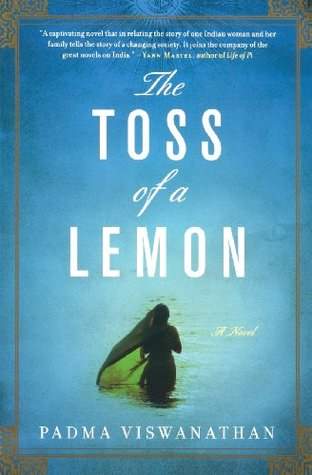
Padma Viswanathan
Padma Viswanathan is a fiction writer, playwright and journalist. In her debut novel, The Toss of a Lemon, she explores the themes of identity, growing up with the caste system in the Indian sub-continent, child marriage, the status of a woman through different roles ascribed to her, and more in her protagonist Sivakami. The Toss of a Lemon was published in eight countries, a bestseller in three, and a finalist for the Commonwealth (Regional) First Book Prize, the Amazon.ca First Novel Prize and the Pen Center USA Fiction Prize.
Viswanathan, Canadian by birth, now lives on a hilltop in Arkansas with her husband (the poet and translator Geoffrey Brock), children, their parents and animals. She is an Associate Professor in fiction-writing and literature in the Programs in Creative Writing and Translation at the University of Arkansas. She has been guest faculty in fiction for the Banff Center, the Vermont Studio Center, Kundiman, Breadloaf Sicily.
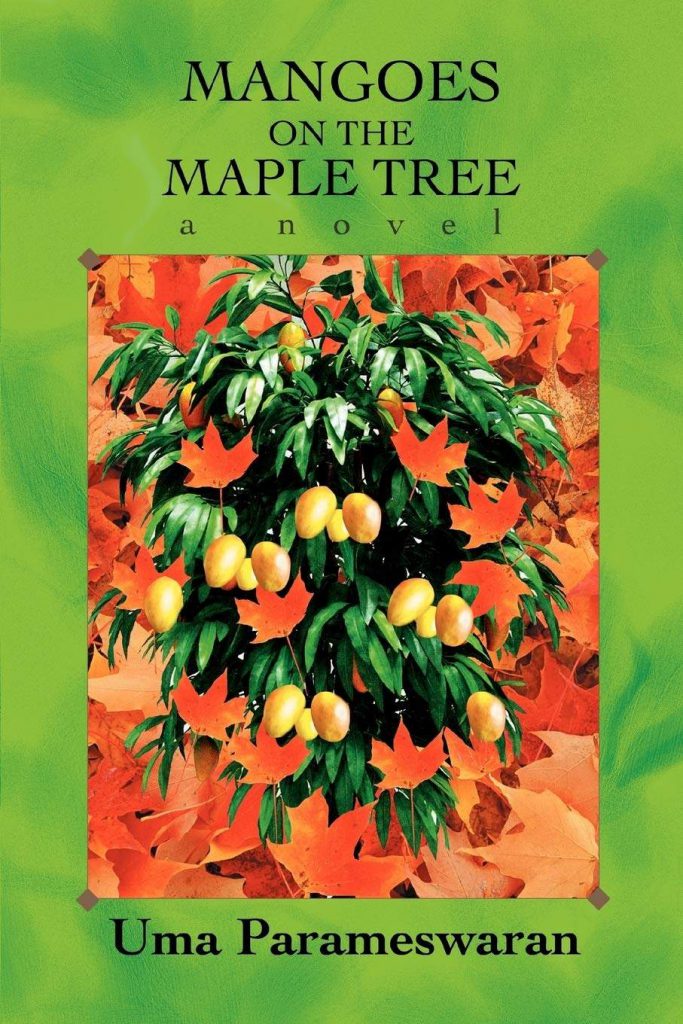
Uma Parameswaran
Uma Parameswaran was born in Madras, India and was raised in Jabalpur. In her book, Mangoes on the Maple Tree, Parameswaran explores the lives of two immigrant families. Her Indian-Candian families in the book steer carefully clear of diaspora stereotypes that the world of fiction has adopted for South Asian immigrants. Instead, they are acutely aware of their national identities and this seeps into their daily lives. The book is an insightful look inside the lives of immigrant families and the identity structures they have so carefully built for themselves.
Parameswaran immigrated to Canada in 1966 after completing her undergraduate studies at Jabalpur University, her Master’s at Indiana University and her Ph. D. in English at Michigan State University. She settled in Winnipeg where she continues to live. She is a retired professor of English at the University of Winnipeg and has a special interest in the area of South Asian Canadian literature. She has also written biographies of C.V. Raman, Nobel Prize winning scientist and his spouse, Lady Lokosundarai Raman, both published in India.